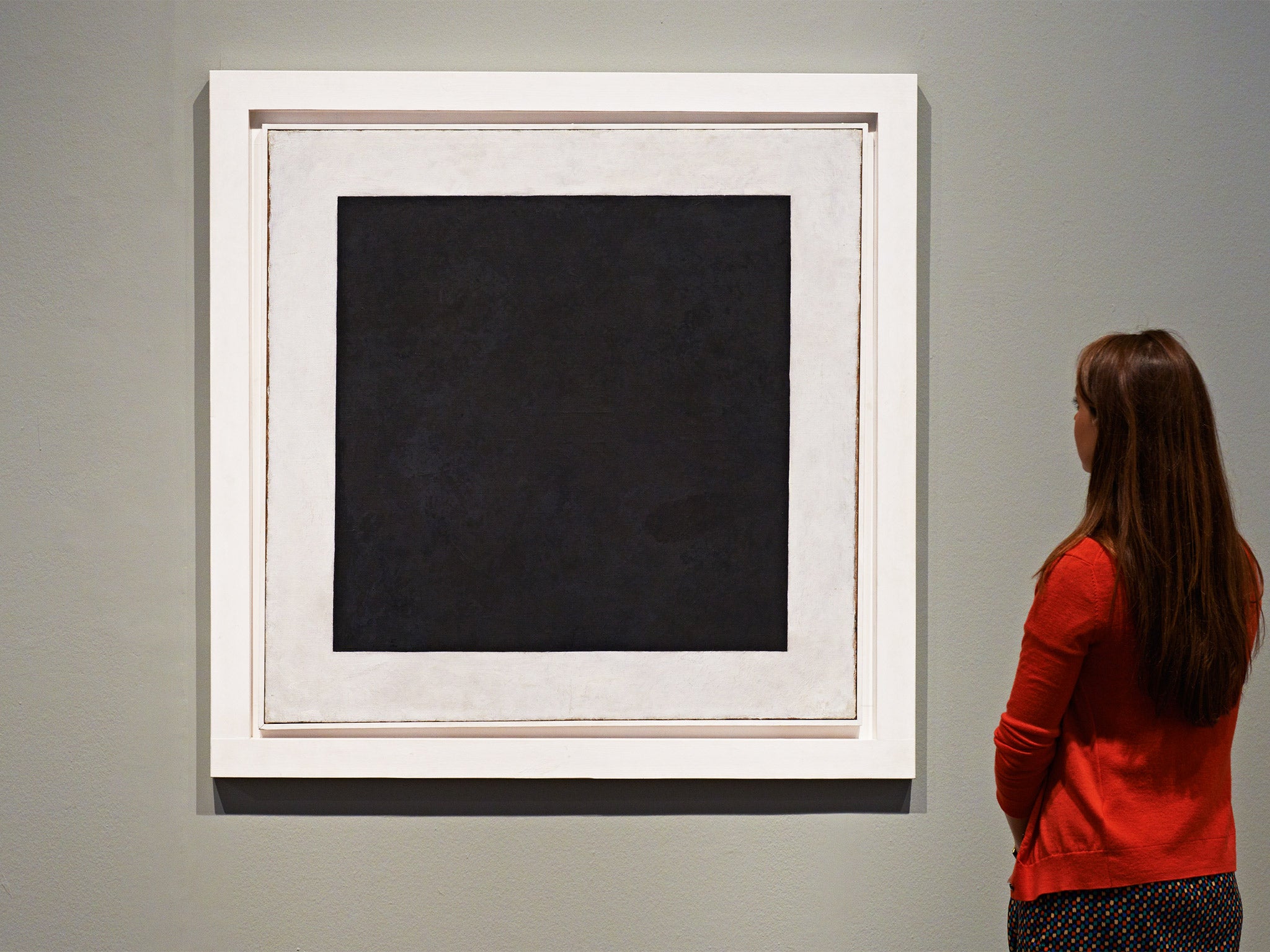
I’m not trying to be butt about other people’s near-death experiences. When I mangle myself in a car or by insulting a bear, I’m sure I’ll regret this. But there’s a silliness indulged by the skeptic that makes me counter-skeptical, and seeing as this silliness has been well-expressed in a recent news article, I’m going to give it a swing.
When one says there is “nothing” after death, they’ve usually snuck “something” into their “nothing.” A recent and briefly-dead fellow said this rather poetically: “I experienced something and that something was nothing.” But “nothing” is not something that can be experienced, not even as a blank, a blackness, a void, a gap, or an emptiness. There is absolutely nothing that can be said about nothing.
Our man, who exclaims “now I know that there is no such thing as God or Heaven” describes nothingness as such: “Both times I was just ‘not there’. It was just all black.” But blackness is something. He “would describe it as when you take a nap. A short nap with no dream, you wake up and it feels like you’ve been sleeping a long time, when in reality it’s only been about 15 minutes.” But these are all experiences of consciousness, and even though they dive to the murkiest levels of consciousness (such as napping) they nevertheless pre-suppose something to be experienced, some event which can later be recounted on Reddit — as dark, ego-less, and all the rest. If one were to truly “experience nothingness” (a contradiction) there would be absolutely nothing re-countable — nothing one could say. From nothing comes nothing, as the medieval adage has it. Nothingness offers no content for reflection. To look into the abyss in this sense could only result in silence, and I often wonder whether Nietzsche, who spent the last years of his life without uttering a word, had some inkling of the fact.
I’m not trying to say that this shows that there is a Heaven or even an afterlife in any meaningful sense. The only thing worse than atheistic poetics is a Heaven-is-for-real apologetic. No, I am arguing that the proposition “there is nothing after death” is an unimaginable, incomprehensible idea, and any time we indulge the illusion that we know what this “nothing” will be like (and are thus able to take some attitude of fear or nonchalance towards it) we’re deluding ourselves with some metaphor of darkness or blankness, sneaking some low-level consciousness into our description. It might be true that I do not persist after death. But if I return from “death” speaking of how I experienced a nothingness — all black and without thoughts — I undo the claim.
Instead of a skepticism towards Heaven, we might just as well take a skepticism towards the tyranny with which the medical markers of death (whether based on brain function, respiratory function, or whatever) have become the real, subjective experience of death itself, such that anyone who is told by a doctor that, objectively/medically speaking, he “died,” assumes that whatever he subjectively experienced was, therefore, death.















